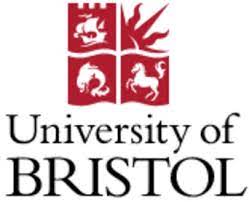
MSC in Veterinary Sciences
University of Bristol, Bristol


University of Bristol, Bristol

MSC in Veterinary Sciences
University of Bristol, Bristol
University of Bristol offers placement support
It is a top-ranked institution verified by QS
Degree
Postgraduate
Duration
24
Course Type
With Co-op
Co-op education gives you real-world experience in a job related to your studies.
INR
27.45L
USD 32290
1st Year Tuition Fees
Opening Soon
Opening Soon